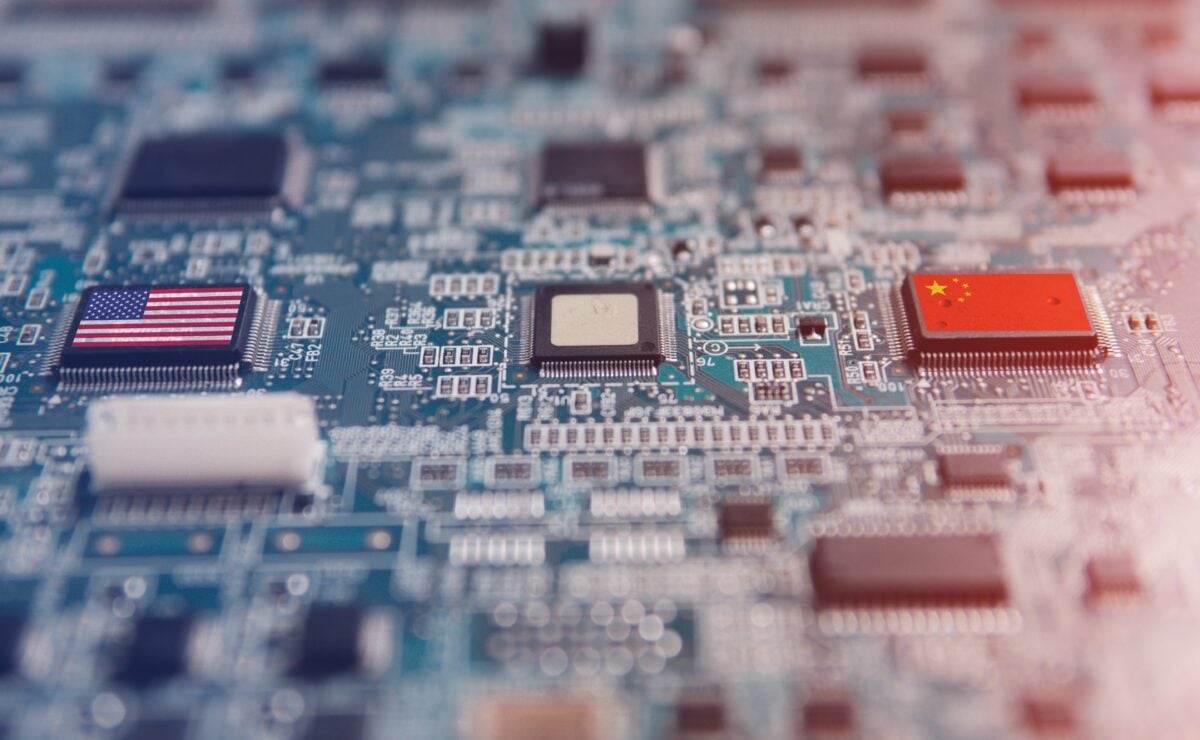TLDRs;
Contents
- US authorities are covertly placing tracking devices in certain advanced chip shipments to monitor illegal diversions.
- The program targets servers from major brands containing Nvidia and AMD chips under strict export controls.
- Officials say the move reflects a shift from reactive investigations to proactive shipment monitoring.
- Smugglers are aware of the trackers, prompting an ongoing technological battle between both sides.
US authorities have reportedly been embedding covert tracking devices inside shipments of advanced semiconductors bound for China as part of a broader crackdown on export control violations.
According to sources familiar with the matter, these trackers, are designed to detect and record the movements of high-value chip shipments suspected of illegal diversion.
The shipments under scrutiny often involve servers from brands such as Dell and Super Micro, equipped with processors from top U.S. chipmakers like Nvidia and AMD.
Washington began restricting sales of certain high-performance chips to China in 2022, later extending similar export limitations to Russia.
US Uses Hidden Trackers in Chip Shipments
Authorities from the Bureau of Industry and Security (BIS) reportedly lead the program, with potential support from Homeland Security Investigations and the FBI.
The tracking operation represents a major shift in U.S. enforcement strategy, from investigating violations after they occur to proactively monitoring at-risk shipments before they reach unauthorized recipients.
The approach mirrors long-standing investigative techniques. As far back as 1985, U.S. Customs used tracking devices in export cases, and in 2016, environmental researchers placed GPS trackers inside discarded electronics to trace illegal e-waste exports.
From Reactive to Proactive Monitoring
The trackers vary in size, some are as large as smartphones and attached to shipment containers, while others are smaller, embedded deep inside server hardware. This adaptability allows investigators to stay ahead of smugglers who have begun actively searching for the devices.
Court filings indicate that those involved in chip diversion have warned associates to “check carefully” for tracking devices. China-based resellers reportedly make routine inspections for trackers in shipments they suspect are part of a U.S. enforcement operation.
Despite this, the program continues to yield valuable intelligence. By logging shipment movements in real time, U.S. authorities can identify diversion points, uncover smuggling networks, and build strong legal cases against violators.
Smugglers Hunt for Tracking Devices
While Dell has stated it is unaware of any U.S. government program involving trackers, Nvidia has declined to comment, and AMD has not responded to inquiries.
This silence underscores the sensitivity of the operation and its potential implications for U.S.-China tech trade relations.
Industry analysts note that the effort reflects the geopolitical significance of semiconductors, especially artificial intelligence chips. With China accounting for over 31% of global semiconductor purchases in 2022, the distinction between legitimate and restricted shipments can be challenging to maintain making proactive tracking an increasingly vital enforcement tool.
As both sides refine their tactics, experts believe this technological cat-and-mouse game will intensify, driving advancements in both tracking systems and counter-surveillance methods.
Chip Trade Under Tight Surveillance
Washington’s chip-tracking program signals a broader trend toward real-time, technology-driven enforcement in global trade.
In an era where AI and advanced semiconductors shape national power, every shipment is more than cargo, it’s a potential geopolitical flashpoint.


